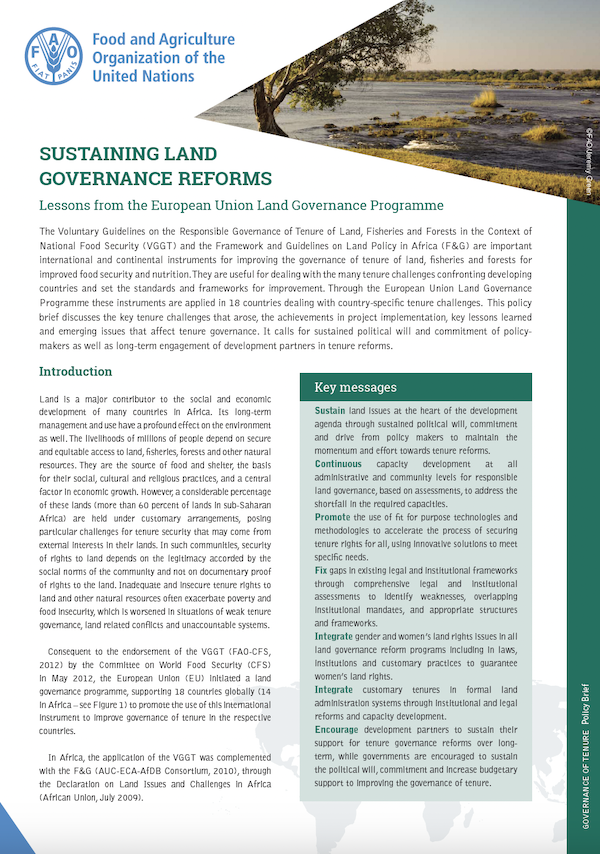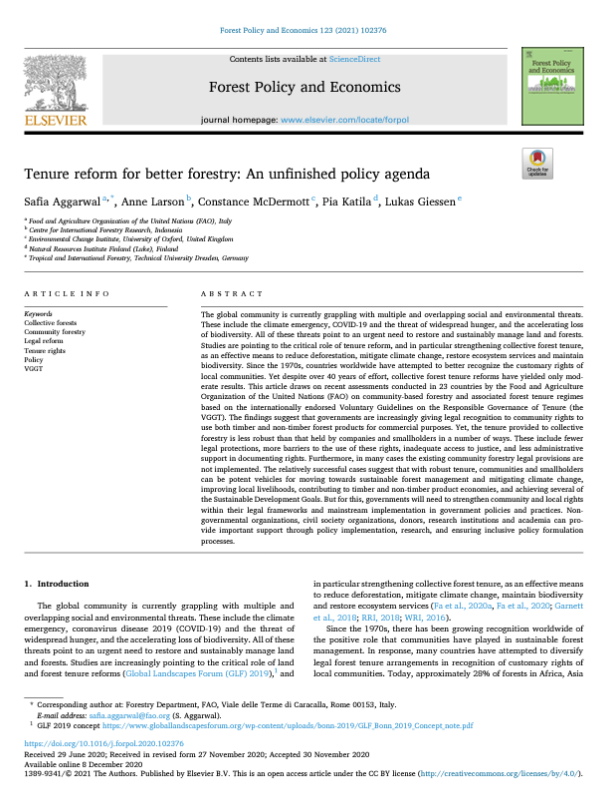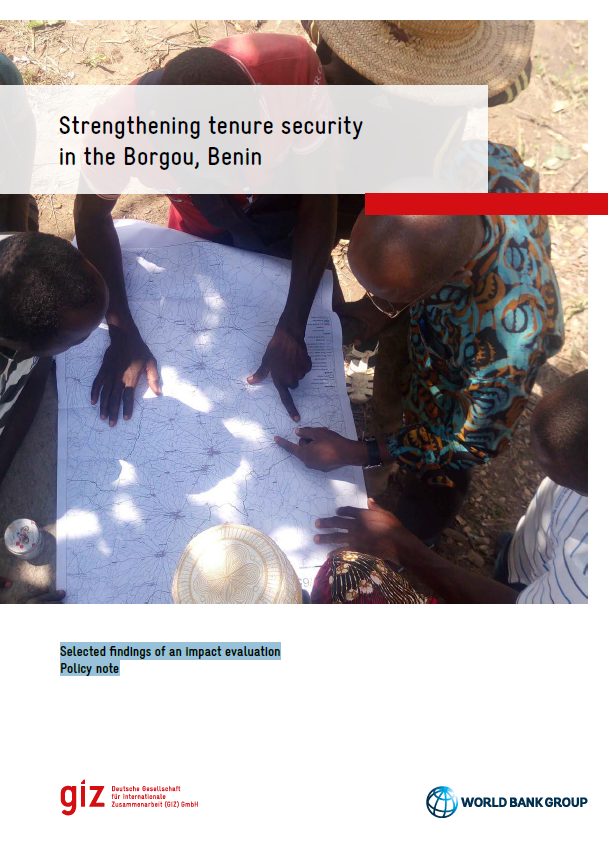Securing Land Transactions with Biometric data in Ghana
There is a gap between land tenure and the physical land giving room for impersonation, multiple allocation and sale of plots, loss of possession, land racketeering and fraud through forgery. Hence, the need to identify unambiguously parties involved in land transactions so that the root of title can be traced to ensure tenure security. This paper explores innovative ways of filling the gap with biometric data to secure land transactions.








